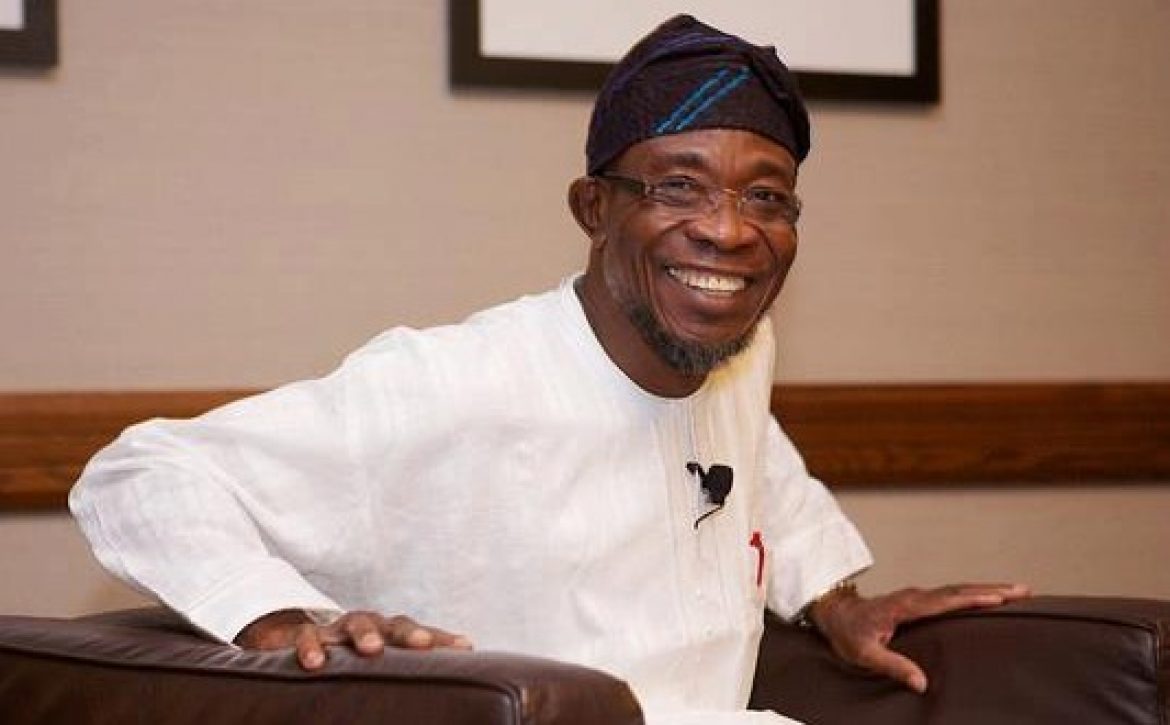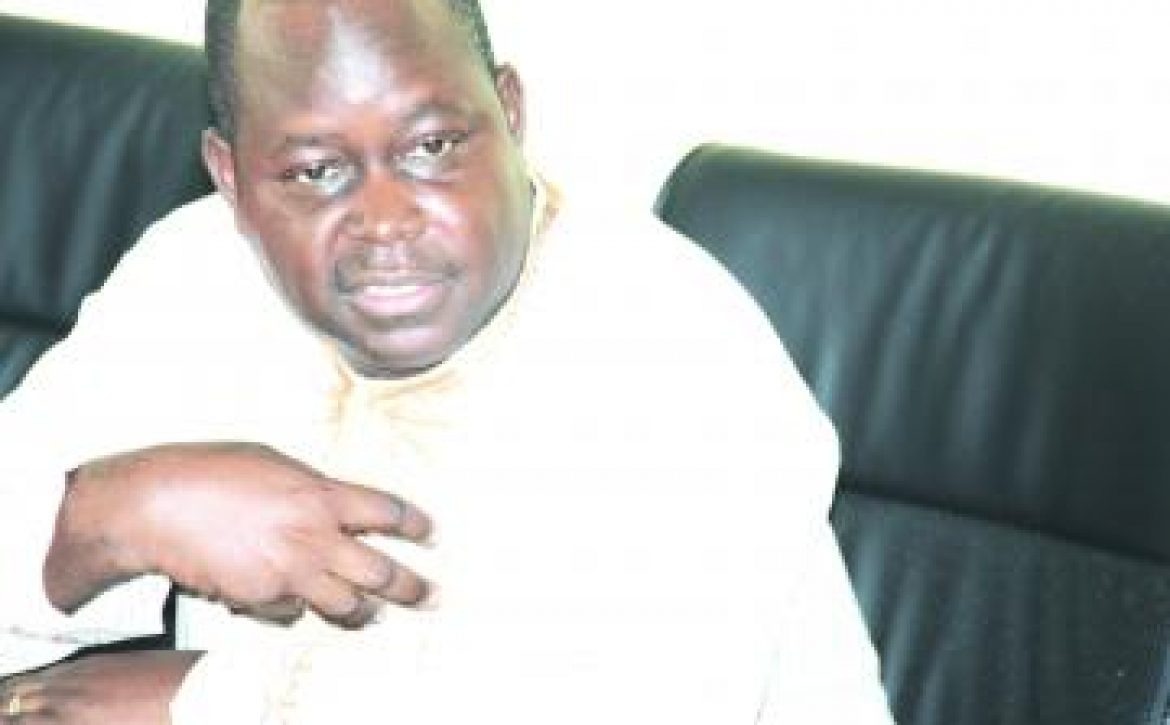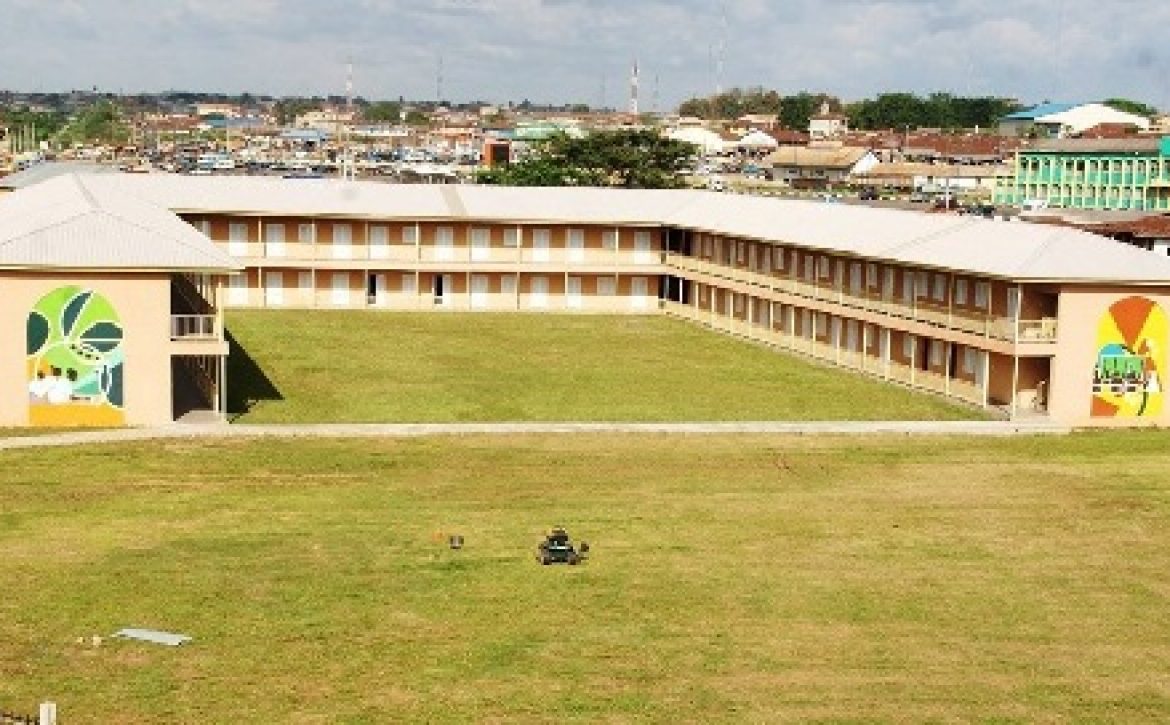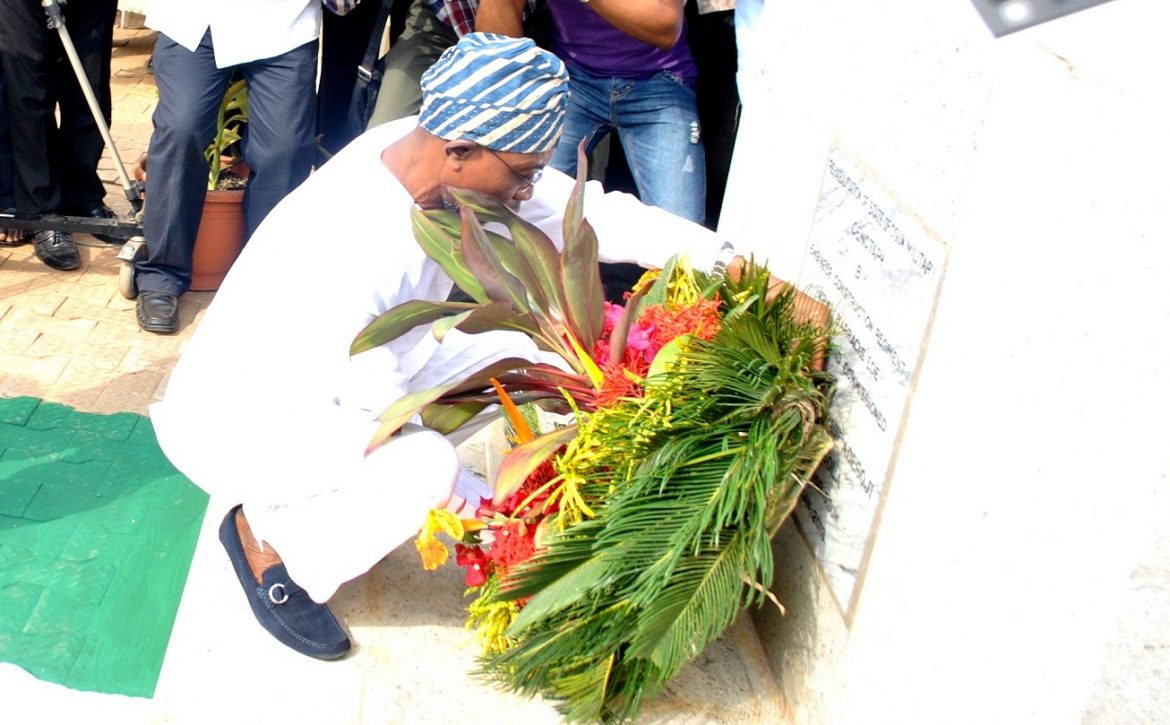 Apparently worried by the general collapse of moral values in Nigeria and the growing resort to violence by youths, the Osun State government recently launched a number of initiatives to address the problem.
Apparently worried by the general collapse of moral values in Nigeria and the growing resort to violence by youths, the Osun State government recently launched a number of initiatives to address the problem.
First, Governor Rauf Aregbesola, in November last year, launched the Omoluabi Clubs initiative which is targeted at rekindling the Yoruba Omoluabi spirit and values of honesty, hard work, good breeding, honour, integrity and enterprise among youths in the state. Omoluabi, in Yoruba language, means a respectable, responsible and honourable person with distinctive good breeding.
The charter of the Omoluabi Club , which contains the Purpose, Motto, Charter, Organisation and Activities lists the ways through which Osun State hopes to reform the morals and general character of its youths. The club, which was realised through the State’s Ministry of Youth, Sports and Special Needs, will work with documents such as the Omoluabi Clubs Workbook, the Charter Companion, which comprises various subjects, and the club’s Constitution, which defines the rules of the association.
The State Government says the club gives hope for the youths because it will give them avenue to engage in beneficial extra-curricular activities. Reports on the Omoluabi Club concept say it came in response to the perceived inadequacies of Western education to produce in Nigerians and Africans the personality types that have produced human advances in science, technology and manufacturing, in other societies.
According to the state government, the bid to re-orientate Osun youths, emanates from the desire to recreate, restructure and nurture the human mind to the stage where there appears to be a difference between the African mind, which is oftentimes superstitious, submissive, dependent, carefree and submissive while that of persons in the developed countries of America, Asia and Europe, are oftentimes rational, scientific, inquiring, challenging, daring, and irreverent.
The Omoluabi Clubs are expected to create in Osun youths a modern mindset, based on the moral, physical and intellectual attributes of our youths. It is designed to inculcate in youths a mindset that knows that their fates are not just in their stars, but also in their hands. It will also make them embrace the need for change, and to avoid ignorance in preference for knowledge and rational thinking.
Members of the club will be guided to tackle poverty and social problems. They will promote ethics, productivity, creativity and a culture of savings and investment, while abhorring corruption, dependence, wastage and magic. The voluntary organisation is divided into Omoluabi Boys and Girls Clubs for ages 12 to 17, and Omoluabi Youth Clubs for ages 18 to 35. The two clubs are open to all youths, irrespective of religion, tribe, political party, sex, race or belief.
The activities of the club will include physical, creative, educational, community and Life skills programmes, with adult partners who will serve as mentors, officers and volunteers.
The focus will be on the moral, physical and intellectual development of youths to become models of good character, innovation and excellence, in order to develop a better and more prosperous society. The clubs will focus on developing a people committed to a better life for all; people who are happier, cleaner and healthier, courageous, organised, diligent, knowledge seeking, friendly, humane, problem solving, compassionate, thrifty and investment-focused, and respectful of the rights of others. The hope is that members will be developed into people of high esteem who have respect for rules and laws; have high self esteem and are proud of their heritage, culture and history; and are ready to shun indolence and superstition and committed to doing their bit in nation-building.
The bid for ethical revolution in Osun is, indeed, a step in the right direction. Of late, the collapse of moral values has become a serious issue in the country, resulting in the worsening of sundry vices such as armed robbery, rape, prostitution, terrorism, kidnapping for ransom and violence in schools.
In Osun State in particular, the government has been so worried about reports of violence and attacks by Secondary School students on fellow students, a teacher and a school principal that it decided to set up a panel to address the issue.
Last December, the state government constituted a special committee on discipline in Osun Public Schools to unearth the immediate and remote causes of indiscipline in the state’s public schools and recommend possible solutions to curb the trend. The government also called on members of the public to submit memoranda that could help to restore good discipline and moral tone in the state’s schools.
The government required the memoranda to identify the nature and types of indiscipline in schools, immediate and remote causes of the problem and the roles of principals, teachers, parents and others in the worsening disciplinary situation in schools and also recommend solutions.
Osun State is, however, not the only state that has problems with the breakdown of ethics and moral values in its schools and the general society. It has become a serious problem throughout the country. Only last month, a Secondary School (2) student of Meteorite Standard School, Ayetoro, Ogun State, identified as Fatai Badmus, was killed by fellow students following a squabble between SS 3 and SS2 students because he dared to stop the fight. He was stabbed in the chest and died in the hospital he was rushed to.
Ogun is not the first school where such an ugly incident would be recorded. In fact, violence and brigandage have virtually become badges of honour in some schools where the most violent students are most respected. Beyond students, immorality and corruption have taken over the society and there is very little respect for the rule of the law in the country.
Certainly, it is necessary to evoke the moral and ethical values that helped virtually all Nigerian ethnic groups to build humane societies, and teach these values to the coming generations.
In the absence of any such initiatives by Federal Government agencies such as the National Orientation Agency (NOA) and the Office of the Special Adviser to the President on Ethics, it is good that Osun is spearheading this remarkable programme.The government, however, should make participation in the club’s activities compulsory for all students in the state. The issue of morals and ethics cannot be optional, for any reason.
Instead of the idea of an elitist voluntary club that may not catch on or survive this administration, the Osun State government should consider making the Omoluabi initiative an after-school programme for its schools where lectures and activities on the Yoruba essence and culture can be taught. it could even take 30 minutes of regular school time, complete with its own syllabus and examination, if found to be necessary. Under Nigeria’s federation, that is quite possible.I also recommend this laudabe initiative on ethics to the Federal authorities.
BIOREPORTS



























